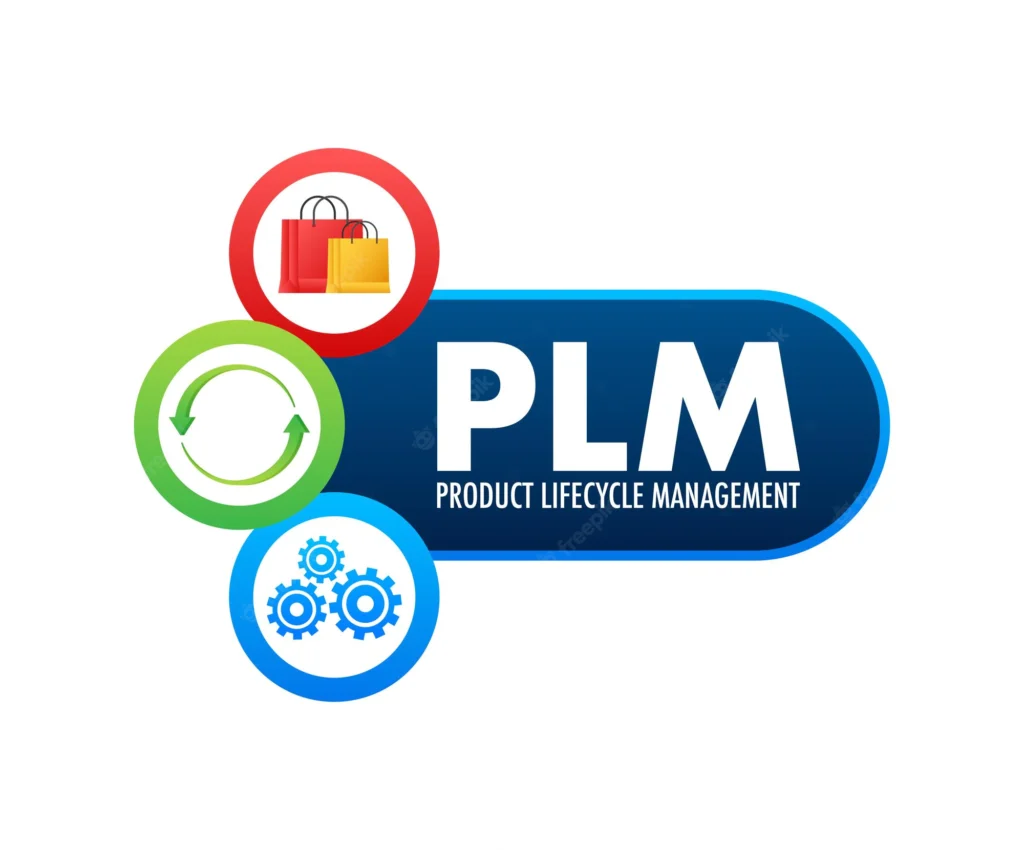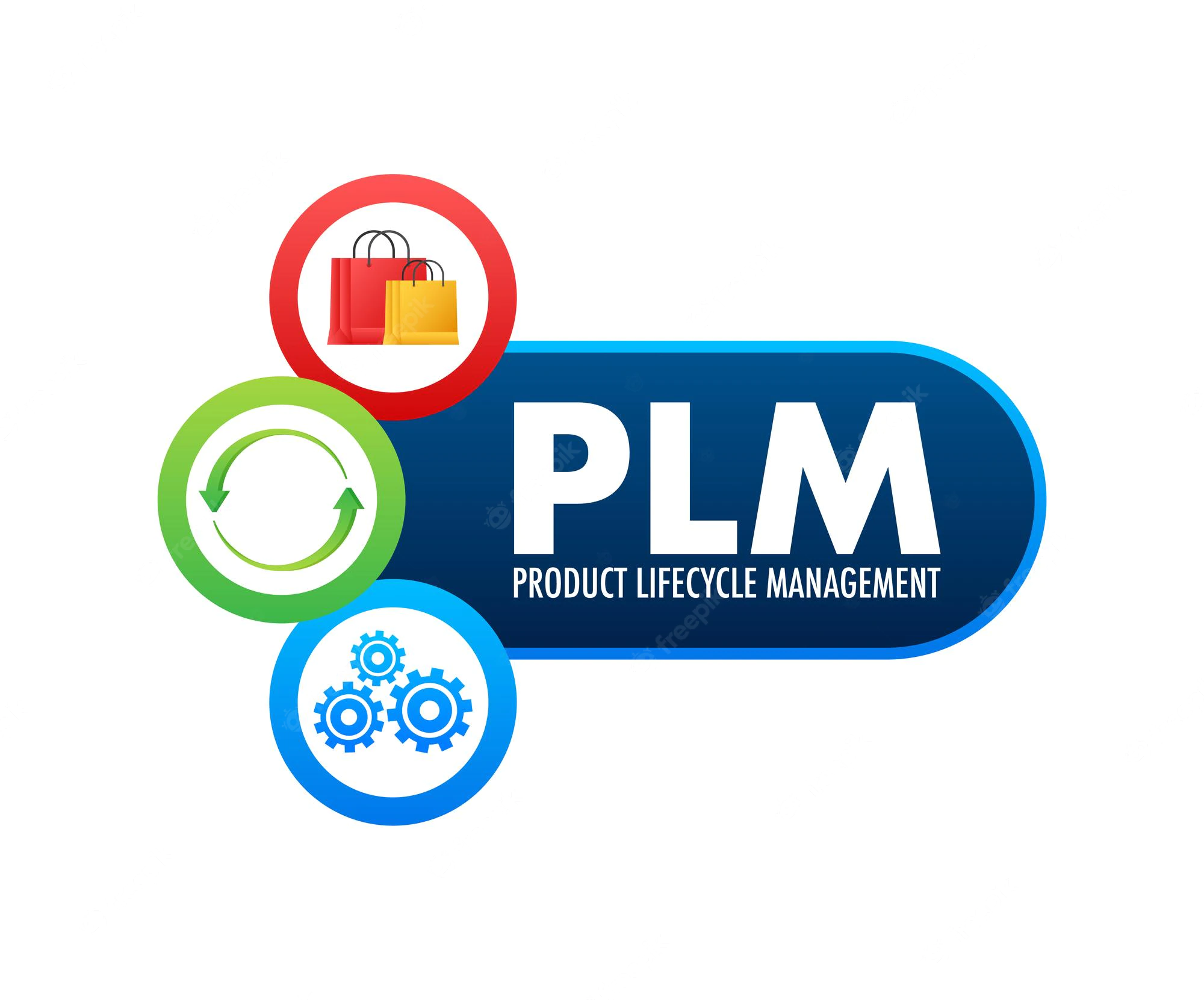
In today’s world, technology is changing faster than businesses can adopt it. The incompatibility of various systems and the inability to organize interaction between them causes a severe “headache” for users.
To succeed, you need to release innovative products in the shortest possible time. However, as a rule, creating one product involves several enterprises at once. Organizing joint work on complex projects is not easy, but there is a solution. This problem is designed to implement a product lifecycle management (PLM) system, the product management technology throughout its life cycle.
Based on the expertise of a reliable technology partner, let’s look at how the pharmaceutical industry can benefit from implementing product lifecycle management.
What’s a PLM System?
PLM is a comprehensive enterprise information system that provides management of all aspects of the product life cycle, including market analysis, product development, supply, service, etc. It also enables an enterprise to design, analyze, and manage products from concept to withdrawal. Generally speaking, PLM is the information foundation of the enterprise, as it supports the real-time interaction of all those involved in the product throughout its life cycle.
The result is a more efficient product development process and easier use of product information to improve decision-making and customer service.
PLM Challenges of the Pharmaceutical Industry
If you’re still wondering if you need a PLM system, let’s dive into the main challenges pharmaceutical companies face today. If one of them is familiar to you, it’s time to consider introducing PLM technology.
Lack of a single source of product data
If all business departments work on disparate systems, the company needs extra time to collect all the data. During this time, information about the product may lose relevance, leading to decreased decision-making effectiveness.
Product Registration
Registration of medical products is a very time-consuming process. Despite the drastic changes that have taken place in recent decades due to the widespread use of digital technologies, the exchange of information between those involved in drug production is still carried out mainly with the help of paper. Due to such obstacles, you run the risk of additional time costs, which can lead to the loss of the relevance of the released product and hence revenues.
Risk and quality management
Predicting risks and managing product quality is difficult without up-to-date data, which is still a pressing problem for many pharmaceutical businesses. Enhanced product quality management involves incorporating and managing quality throughout the product development and marketing processes.
Technology transfer
The creation of medical products is not a one-time process; it follows that control should be established for each stage, ranging from scaling up and checking to quality assurance and final approval of the product produced. Efficient scaling of medicine production implies close collaboration across numerous interconnected activities and dependencies.
Packaging
Pharmaceutical packaging is strictly regulated and must contain legally required information for all medicinal products. Moreover, pharmaceutical companies are required to comply with numerous regulatory and language requirements, as well as to put efforts into the fight against counterfeit products.
A single base for all packaging components, including logos, illustrations, and information about the drug, will help increase the efficiency of creating the proper packaging, considering all regulatory requirements.
Major PLM Benefits
The PLM systems were initially created for product lifecycle management. However, the technology, when used properly, can improve other your company’s key indicators, for example, you can:
- Reduce design and production time.
- Minimize errors.
- Strengthen quality control and improve customer satisfaction.
- Сut costs.
- Speed up time to market.
- Maintain the intellectual property of the enterprise.
- Provide data to the EMS/ERP systems.
Introducing such a tool as PLM will help monitor financial performance and increase competitiveness. The solution is equipped with all the necessary tools for effective product management and can take your company to the next level.
In addition, with a single source of truth that a PLM system ensures, you can efficiently create and manage recipes that comprise information about the drug products. By using PLM together with the recipe development system, pharmaceutical companies can
- Create, manage, label, and release real formulas under regulatory requirements.
- Define formula characteristics and compare results with specifications.
- Edit formulas generate formula data and reports.
- Compare several similar formulas for cost adjustments, etc.
Bottom Line
Although PLM technology is relatively new, there are a lot of prospects for its development. The rising adoption of Industry 4.0 strategies in manufacturing has resulted in rapid growth in the amount of product and customer data. Fast data collection, analysis, and dissemination help simplify product lifecycle management in any industry.
Thus, PLM is one of the most powerful foundations of a digital enterprise. The higher the level of PLM adoption, the closer the company is to the Industry 4.0 concept. However, just purchasing an innovative solution is not enough to become an effective intelligent enterprise. Therefore, do not forget to turn to a reliable technology partner.
Discover more from TheLatestTechNews
Subscribe to get the latest posts to your email.











